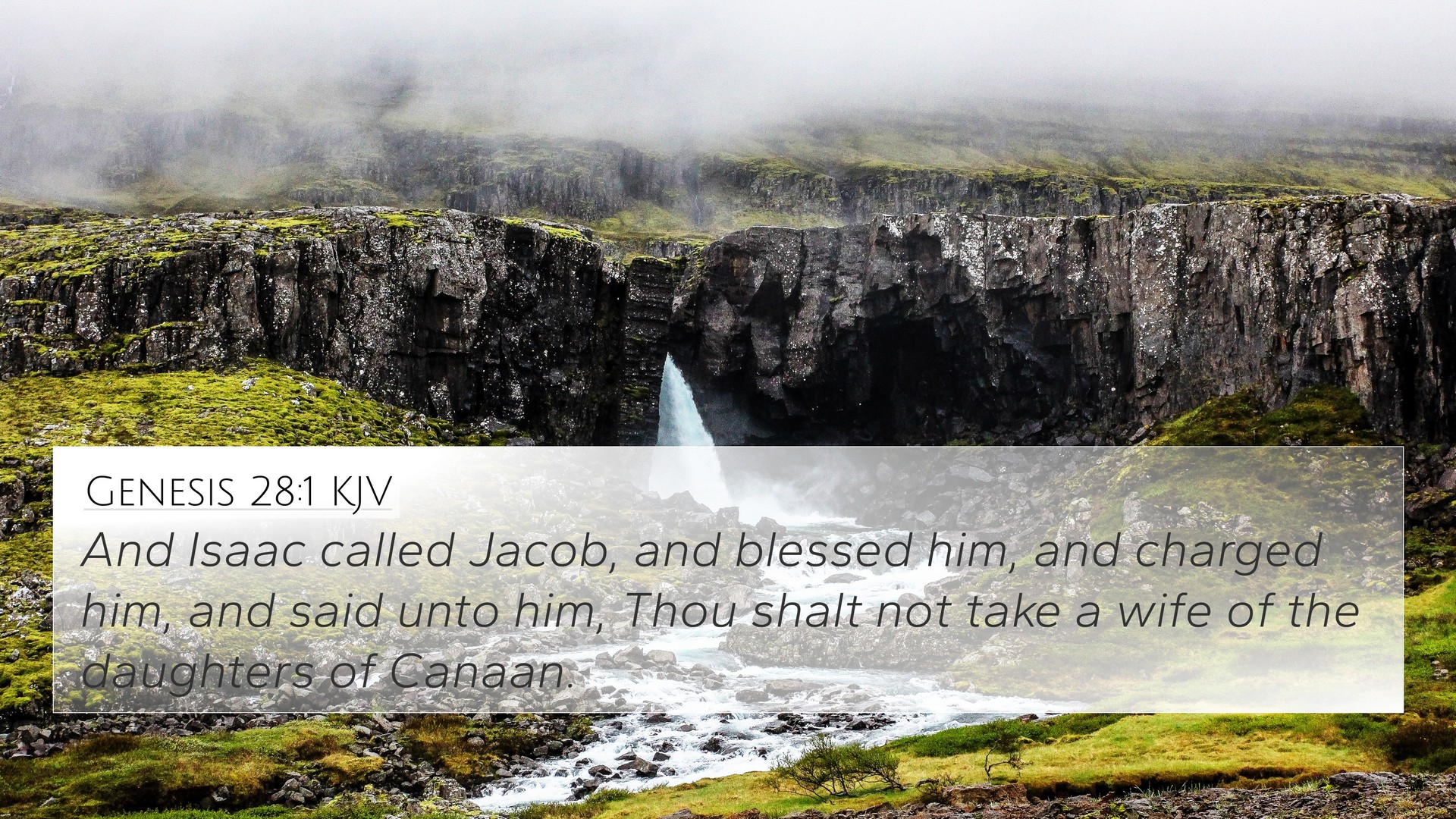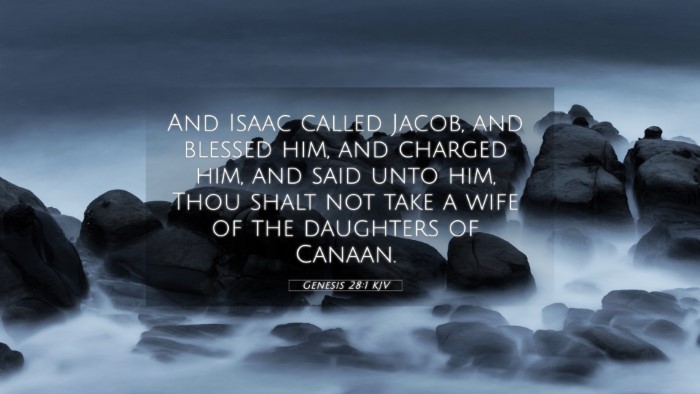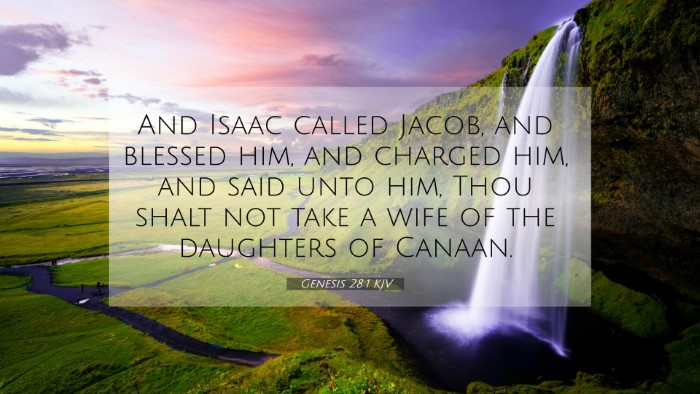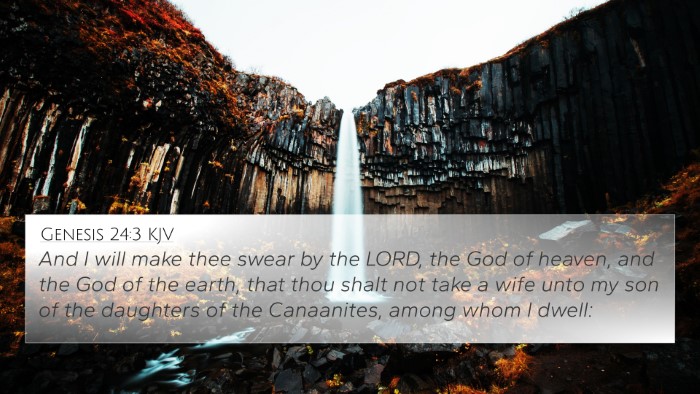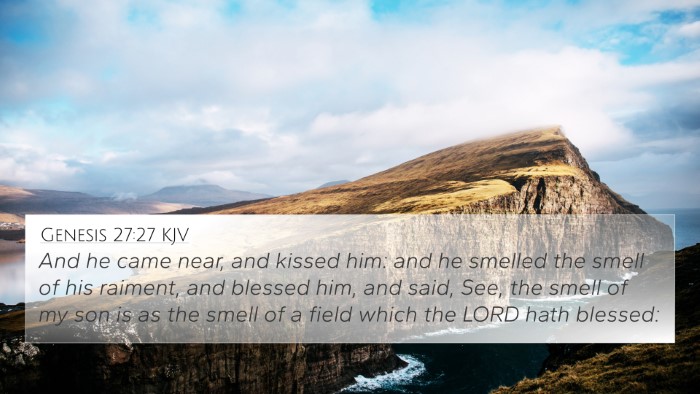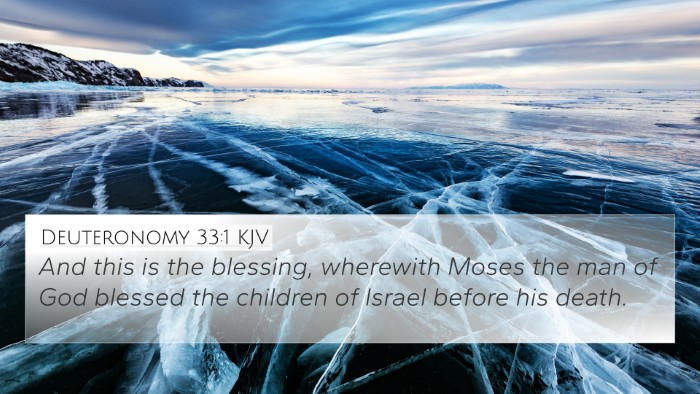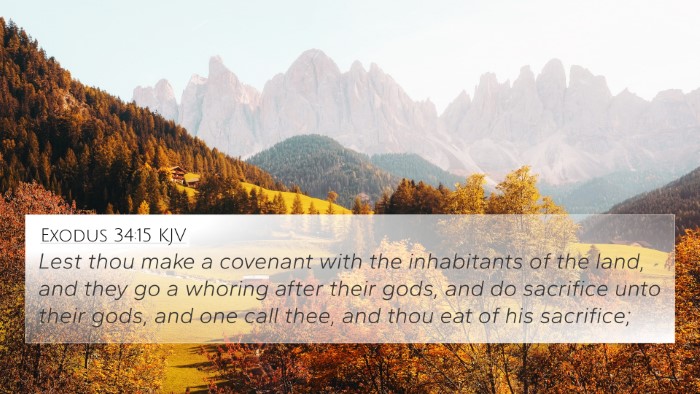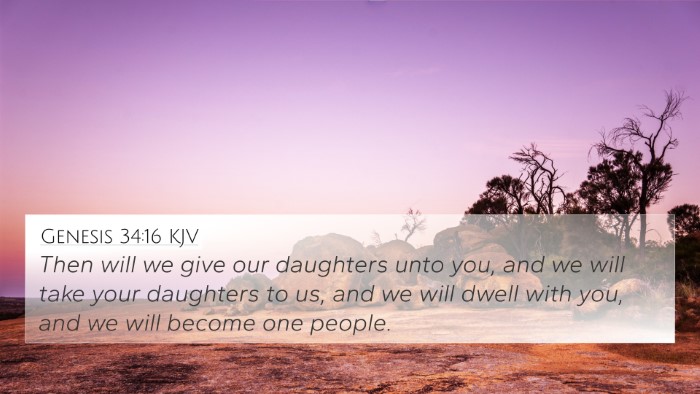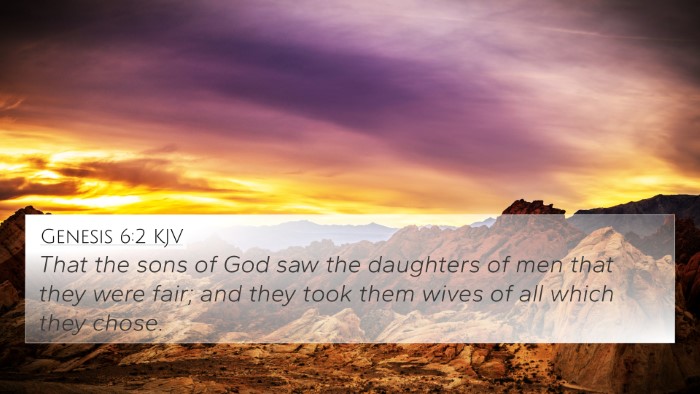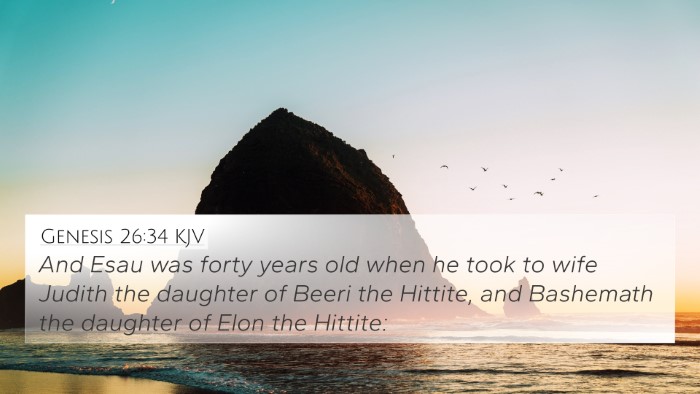Understanding Genesis 28:1
Genesis 28:1 states: "So Isaac called for Jacob and blessed him and commanded him, 'Do not marry a Canaanite woman.'" This verse captures a pivotal moment in the lineage of the patriarchs, emphasizing the importance of covenant fidelity and the need for obedience within the family structure of biblical times.
Contextual Analysis
The context of this commandment reflects Isaac's role as a patriarch and the social dynamics of ancient familial relationships. Isaac emphasizes the necessity of marrying within the covenant people of God to ensure the continuation of the faith and cultural heritage.
Thematic Connections
- Covenant Identity: This verse underscores the theme of maintaining a distinct cultural and religious identity, which is recurrent in Scripture.
- Parental Guidance: Isaac's instruction highlights the role of parental influence in spiritual decisions, echoing Proverbs 22:6.
- Separation from Idolatry: The warning against marrying Canaanite women resonates with Exodus 34:16, where the Israelites are warned about the dangers of intermarriage with surrounding nations.
Commentary Insights
Matthew Henry notes that Isaac’s command to Jacob reflects not only concern for marital fidelity but also a desire to preserve the integrity of the family’s spiritual legacy. He emphasizes the gravity of Jacob's future marital choice in relation to God's promises to Abraham and Isaac.
Albert Barnes elaborates that Isaac's actions were in line with the instructions given by God to the patriarchs. His concern about the local women of Canaan reveals an understanding of the importance of maintaining a pure lineage, aligning with God’s covenant.
Adam Clarke comments on the cultural implications of Isaac's directive. He points out that Isaac’s directive was proactive in preserving the faith and practices of the chosen people against external influences that would lead to spiritual compromise.
Bible Verse Cross-References
This verse connects to several critical passages in Scripture that reinforce its themes:
- Genesis 24:3: Abraham's command to find a wife for Isaac from his own people.
- Exodus 34:16: The warning against marrying those from pagan nations.
- Deuteronomy 7:3-4: God's command to not intermarry with the inhabitants of Canaan.
- 1 Kings 11:1-2: Solomon’s downfall due to marrying foreign women and idolatry.
- 2 Corinthians 6:14: The New Testament principle of not being unequally yoked with unbelievers.
- Malachi 2:11: A condemnation of marrying foreign women who forsake the covenant.
- Matthew 10:37: Jesus' teaching on the priority of allegiance to God above familial bonds.
Conclusion
The importance of Genesis 28:1 transcends its narrative context and illustrates a fundamental principle within the biblical framework concerning the consequences of choices made in the sphere of relationships. The cross-references listed illuminate how this command shaped the lineage of Israel and provides a foundation for understanding similar themes throughout the biblical canon.
Further Study
For deeper engagement, consider exploring:
- How to find cross-references in the Bible to support a broader understanding of specific verses.
- Tools for Bible cross-referencing that may assist in connecting diverse themes like separation from idolatry.
- Cross-referencing Bible study methods that help illuminate similar commands and practices across scripture.
By engaging in this study, readers can appreciate the intricate web of biblical teachings concerning marriage, covenant, and spiritual fidelity as emphasized through the lens of Genesis 28:1.
